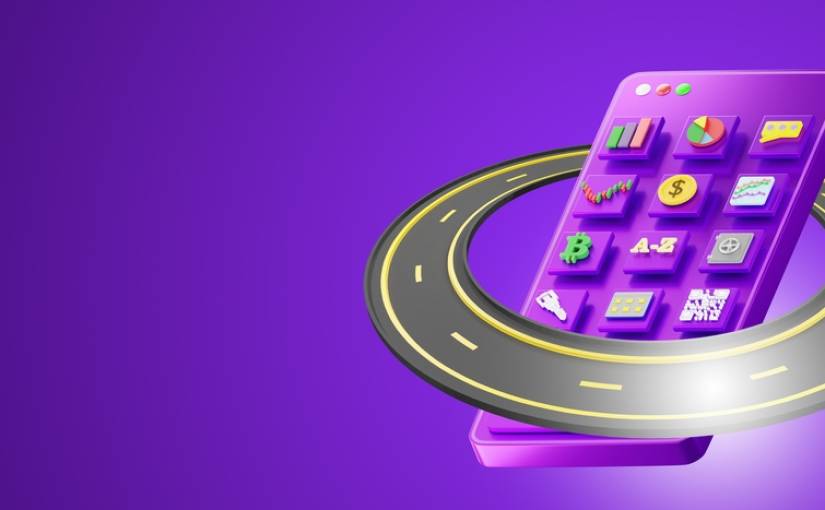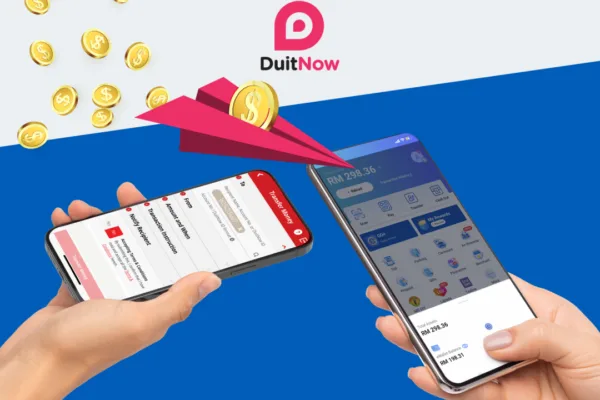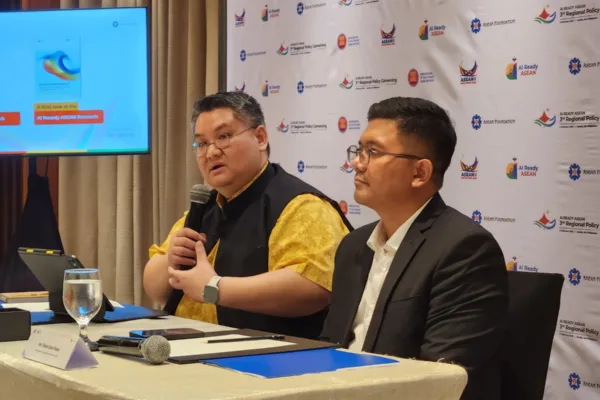Digido, a digital lending platform and the first and only fully automated online service in the country that grants loans at any time of the day, announced recently that by year-end, the percentage of Filipinos aged 15 and over who have not accessed fintech through mobile applications could reach 79.5%.
This figure represents a slight improvement from the 76.2% recorded in June but still indicates that around 66.4 million Filipinos are expected to be unique users of fintech services by December 2024.

According to the digital lending platform, despite rapid advancements in financial technology (fintech) across the Philippines, a significant portion of the population remains underserved. Digido estimates that by the end of this year, approximately one-fifth of Filipinos will still not be utilizing fintech services. This highlights a persistent gap in the financial inclusion of the country.
Earlier this year, Digido also released the result of a survey which found that Filipinos have collectively dedicated approximately 1.3 billion seconds — or 42 years — to digital lending applications in 2023. This staggering statistic underscores the significant shift towards digital lending solutions in the country.
Digido: Growth in fintech adoption driven by digital commerce
The growth in fintech adoption is primarily driven by the digital commerce sector, which is anticipated to contribute 34% to the increase in adoption rates. Following closely are digital wallets, expected to account for 27.2% of the growth, and digital banking, which is projected to add 8.6% to the total.

As of June, a staggering 617 million fintech mobile applications had been downloaded nationwide, underscoring the increasing reliance on digital financial services. Digital commerce leads the way, representing 31.4% of total downloads. Digital wallets follow with 21.7%, and digital loans comprise 20.3% of all fintech app downloads.
Other segments within the fintech landscape also show considerable activity. Digital payments and transfers account for 11.6% of all downloads, while digital banking apps represent 8%. Personal finance apps, designed to help users manage their finances, make up the remaining 7%.
The digital lending sector has seen the most significant growth, with 25.4 million downloads recorded by June 2024. This surge highlights the increasing demand for accessible and convenient borrowing options. Digital wallets and digital commerce apps follow closely, with 12.2 million and 13.5 million downloads, respectively. In comparison, digital payments and transfers have registered 7.8 million downloads, while digital banking and personal finance apps have seen 6.2 million and 4 million downloads, respectively.
On average, fintech app downloads in the Philippines are growing at a rate of approximately 10.26% every six months. The first half of 2024 witnessed a notable increase in digital banking app downloads, which accounted for 22.34% of the total fintech downloads during this period. Digital payments and transfers, with 17.72% of downloads, and digital lending, with 16.81%, also showed significant growth.
Rise in digital lending attributed to growing confidence of Filipinos
According to Rose Arreco, Business Development Manager at Digido, the rise in digital lending, digital wallets, and digital commerce is attributed to the growing confidence of Filipinos in these sectors. The interconnectedness of these services further enhances their appeal.
“Filipinos’ expectations on convenience, interoperability, and improved user experience across these applications continue to rise along with the strong demand for fintech in the Philippines,” said Arreco.
And she remains optimistic about the future of fintech in the country.
“We believe that the ‘fintech-ization’ of the Philippines is far from slowing down, and the country is still on a path toward widespread digitalization. However, for this growth to accelerate, collaboration both within and beyond the sector remains crucial,” she added.
The ongoing efforts to boost fintech adoption in the Philippines are crucial in ensuring that more Filipinos have access to financial services that are not only convenient but also aligned with their evolving needs.
As the fintech industry continues to grow, addressing the remaining gap in financial inclusion will be vital for the country’s broader economic development.








